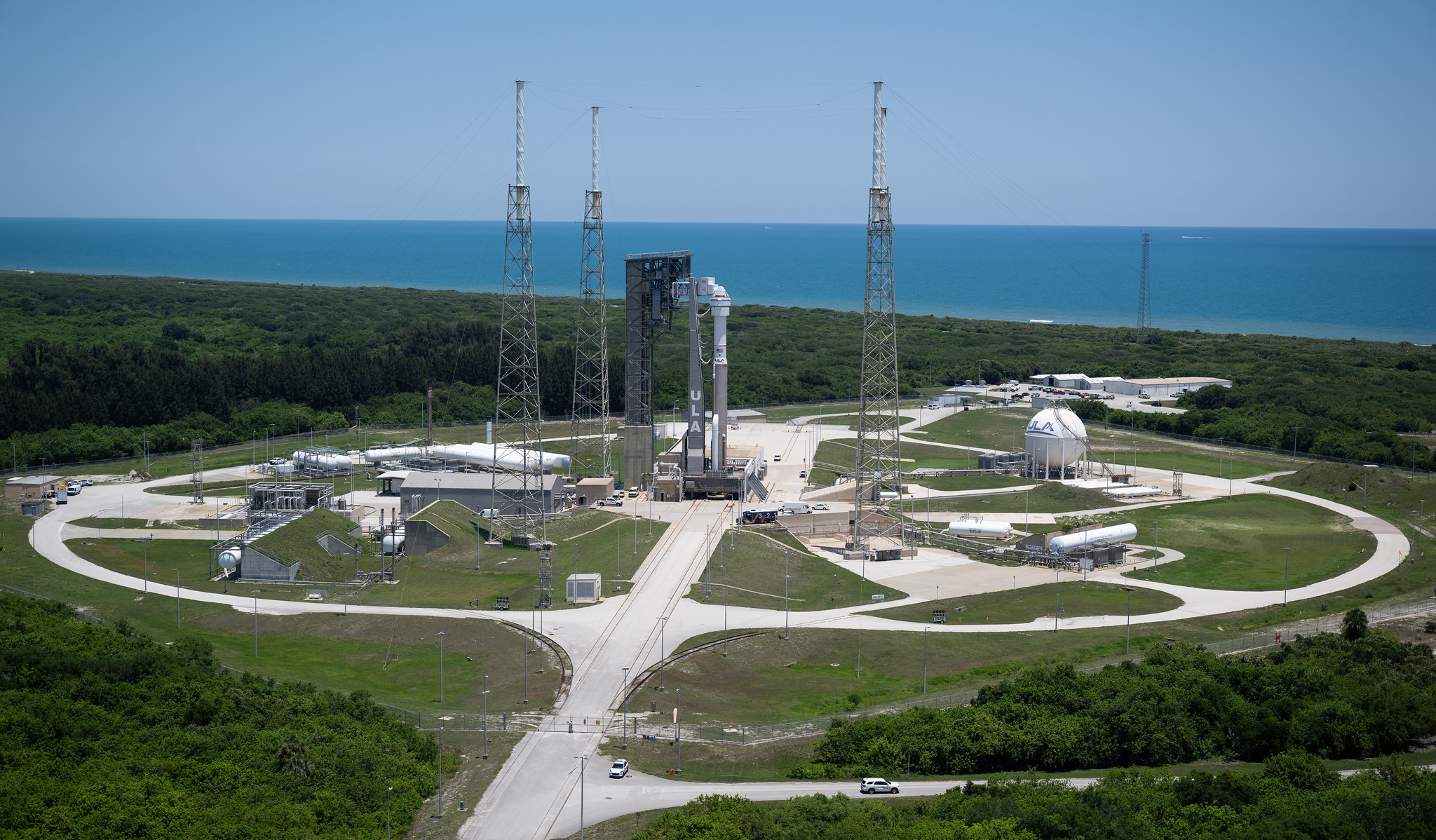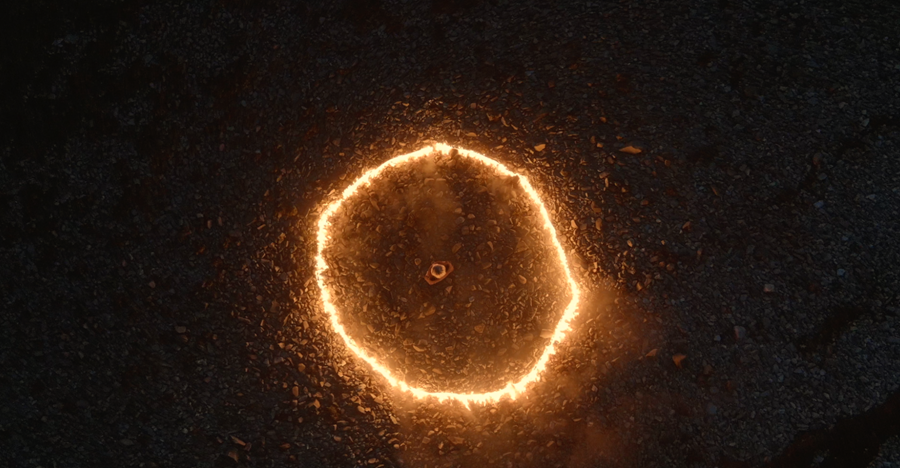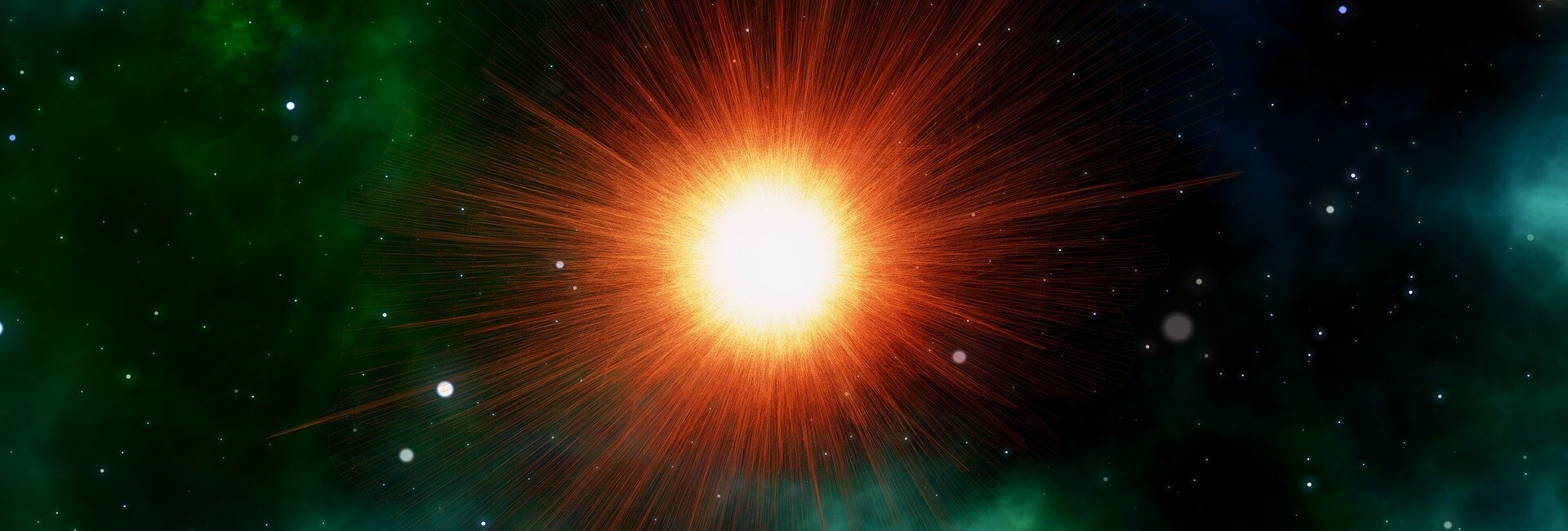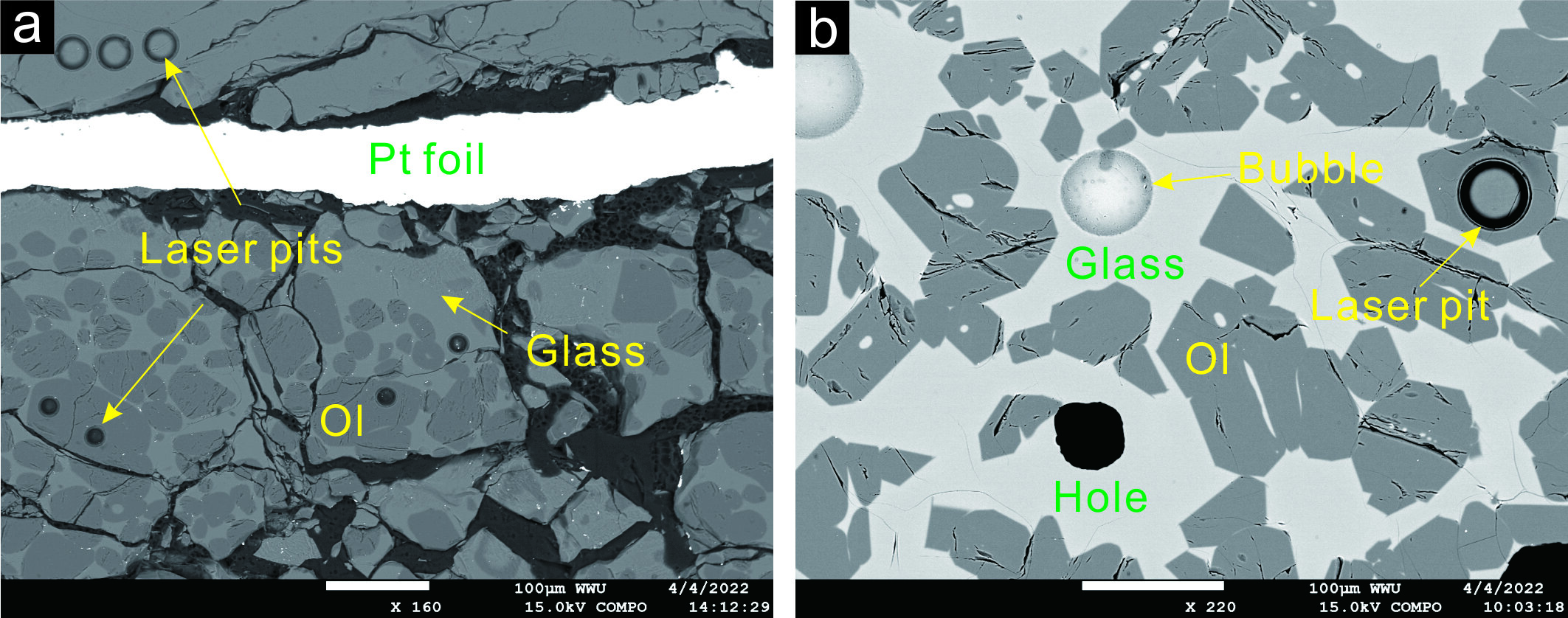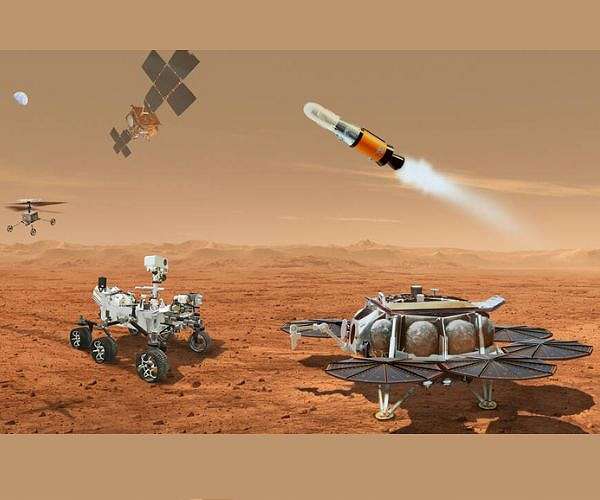KENNEDY SPACE CENTER, Fla. — NASA and Boeing say they are ready for another attempt to launch the company’s CST-100 Starliner with two NASA astronauts on board after additional reviews of the spacecraft’s parachutes and a last-minute cargo swap.
At a May 31 briefing here, officials said they were not working on any problems with either the Starliner spacecraft or its Atlas 5 launch vehicle ahead of a launch attempt of the Crew Flight Test (CFT) mission scheduled for 12:25 p.m. Eastern June 1. Forecasts project a 90% chance of acceptable weather for the launch, as well as for a backup opportunity June 2.
Engineers had been working to address a helium leak found in a spacecraft thruster after a scrub of the previous launch attempt May 6. That review also turned up a “design vulnerability” in the spacecraft’s propulsion system that, in rare circumstances, would prevent the spacecraft from deorbiting.
An agency flight test readiness review May 29 approved plans to both deal with the helium leak and work around the propulsion system issue. At the briefing, officials said they were confident that the helium leak would not pose a risk to the mission.
“It’s a really, really small leak, and it’s well within the margin that we have,” said Steve Stich, NASA commercial crew program manager, noting that they could handle the leak even if got 100 times worse in flight. “We concluded the smartest thing to do is to go fly the mission, and we can fly it safely.”
“It is safe, and that’s why we determined that we could go fly with what we have,” said Mark Nappi, vice president and program manager for commercial crew at Boeing.
The review also addressed another potential issue seen during the launch of Blue Origin’s New Shepard suborbital vehicle May 19. On that flight, one of three parachutes failed to completely open as the crew capsule returned to Earth. That was a concern, Stich said, since Starliner’s parachute system uses similar components. He praised Blue Origin for sharing information about that issue with the agency, Boeing and SpaceX, as all use similar items on their parachutes.
He said that the parachute got stuck in one stage of “reefing,” the gradual inflation of the parachute, because a cutter designed to break a line that controls the reefing didn’t work. A similar cutter is used on Starliner’s parachutes.
Engineers went back and examined test data for the cutters on Starliner’s parachutes. “We’ve never seen an issue with any of our cutters” out of 160 tests of them, he said. “All the testing was superb on cutting the reefing line, so that’s why we proceeded. We have good flight rationale.”
NASA also has swapped out some of the cargo that will accompany NASA astronauts Butch Wilmore and Suni Williams on Starliner. The agency is flying a new pump for a urine reprocessing system on the International Space Station after the pump currently installed on the station malfunctioned on Wednesday.
The pump is used in a system the recycles urine into drinking water, said Dana Weigel, NASA ISS program manager. Without it, the station’s crew would have to store urine instead, with limited inventory of bags and tanks available. She said the pump, weighing about 70 kilograms, will fly in place of two suitcases carrying clothes and hygiene products for the station’s crew. She noted there are “generic” supplies on the station for the crew than can take the place of the contents of those suitcases.
Mike Fincke, the NASA astronaut who is the backup for the CFT mission and is assigned to Starliner-1, the first operational mission of the spacecraft, said Wilmore and Williams had been kept informed about the investigation into the helium leak and propulsion system design vulnerability and endorsed what NASA and Boeing had done to address them.
“I think if you ask Butch and Suni directly, and I can answer for them, they feel very comfortable and confident that we’ve chosen a good path forward,” he said. “We are excited for launch and we have confidence in this mission.”
Related
